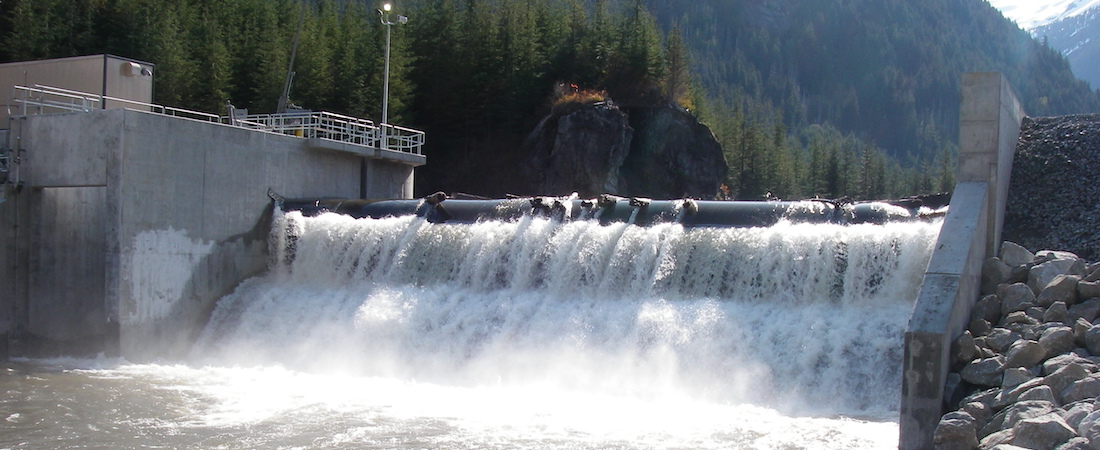
Project Description
BC Water Use Planning Program
Sustainable management of hydroelectric facilities requires careful consideration of trade-offs among competing uses of water–power production, fish and wildlife, recreation, cultural values, flood management, domestic water supply and irrigation, among others. Compass was actively involved in designing and delivering BC Hydro’s Water Use Planning Program that was established and implemented in the 1990s and continues today. Water Use Planning was one of the largest public planning trade-off processes in the Province’s history, has received numerous planning awards and is recognized internationally as a model of excellence in the water resources and energy sector.
Compass staff designed and facilitated multi-stakeholder decision processes on 15 of BC Hydro’s 23 Water Use Plans (WUPs), all of which resulted in consensus agreements and informed the relicensing process. Our involvement in these processes consisted of design and implementation of Structured Decision-Making methods for identifying and evaluating options to address water use conflicts and ultimately to make water allocation decisions. These methods were used in consultative processes involving government regulators, municipal governments, First Nations, scientists, and stakeholders. The processes ranged from relatively simple processes conducted in a few meetings over six months to large complex processes with dozens of community workshops over two-three years. Each decision process was complicated by uncertainty and our ability to integrate adaptive management with structured decision-making was a key success factor. Compass was also actively involved in the development of policy guidelines and decision support tools for the successful implementation of the overall program, and the training of other consultants.
Related Projects: Species at Risk, Water, Fish and Wildlife, Indigenous Groups, Decision Support Tools, Structured Decision Making, Adaptive Management, Stakeholder Facilitation, Technical Working Groups, Expert Judgement, Multi-Attribute Trade-off Analysis


